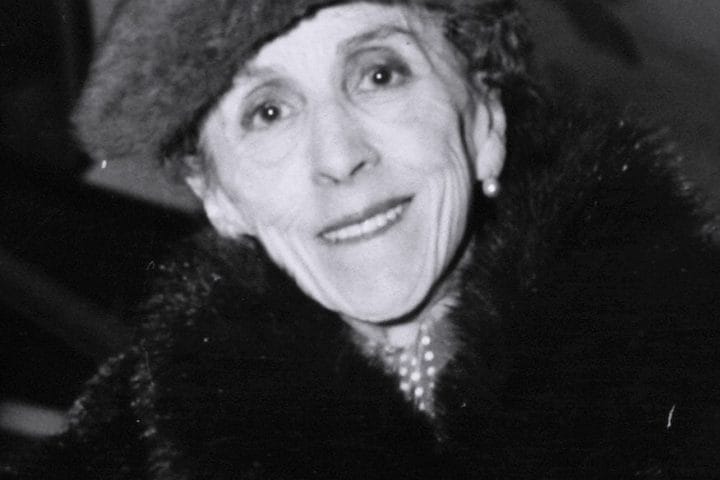Art Spiegelman is an American cartoonist, editor, and comics advocate best known for his graphic novel Maus, which won a Pulitzer Prize in 1992. He has been credited with the formalization of rules of comics criticism and theory as well as revolutionizing the study of comics. Spiegelman was born in Stockholm, Sweden and moved to the United States when he was three years old. Growing up in Queens, New York he developed an interest in comic books which set him on his career path. His appreciation for comics only deepened when he attended Harpur College (now Binghamton University) where he received a bachelor’s degree in 1968.
Spiegelman’s first professional works were published in underground magazines such as The East Village Other and Screw during the late 1960s and early 1970s. He then went on to become an early editor of the now-defunct magazine, Young Lust. During this time Spiegelman also began to develop his signature style of simplistic drawing combined with sharp satire which would come to define much of his later work.
One of Spiegelman’s most famous works is Maus, a two-volume story about how Spiegelman’s father survived the Holocaust as told within a metaphorical narrative featuring animals instead of people. The first volume was released in 1986; it won multiple awards including a special Pulitzer Prize for excellence in Comics Art in 1992, making it the first comic book ever to receive such an honor. Maus is often thought to have changed popular perception of comics and continues to be studied by teachers, critics, and fans alike for its unique take on storytelling and its effective approach to graphic novels and nonfiction literature alike.
Spiegelman has continued to explore both personal stories as well has social issues within his work while inspiring many future cartoonists along the way. In addition to creating other works such as In The Shadow Of No Towers which details his experiences during 9/11; he has also taught at both Columbia University School Of Visual Arts MFA program since 2002 as well as Harvard’s Loeb Fellowship since 2019 where students can learn from one of the seminal figures within the comics industry who has mastered combining imagery with powerful narration that speaks volumes without words.









